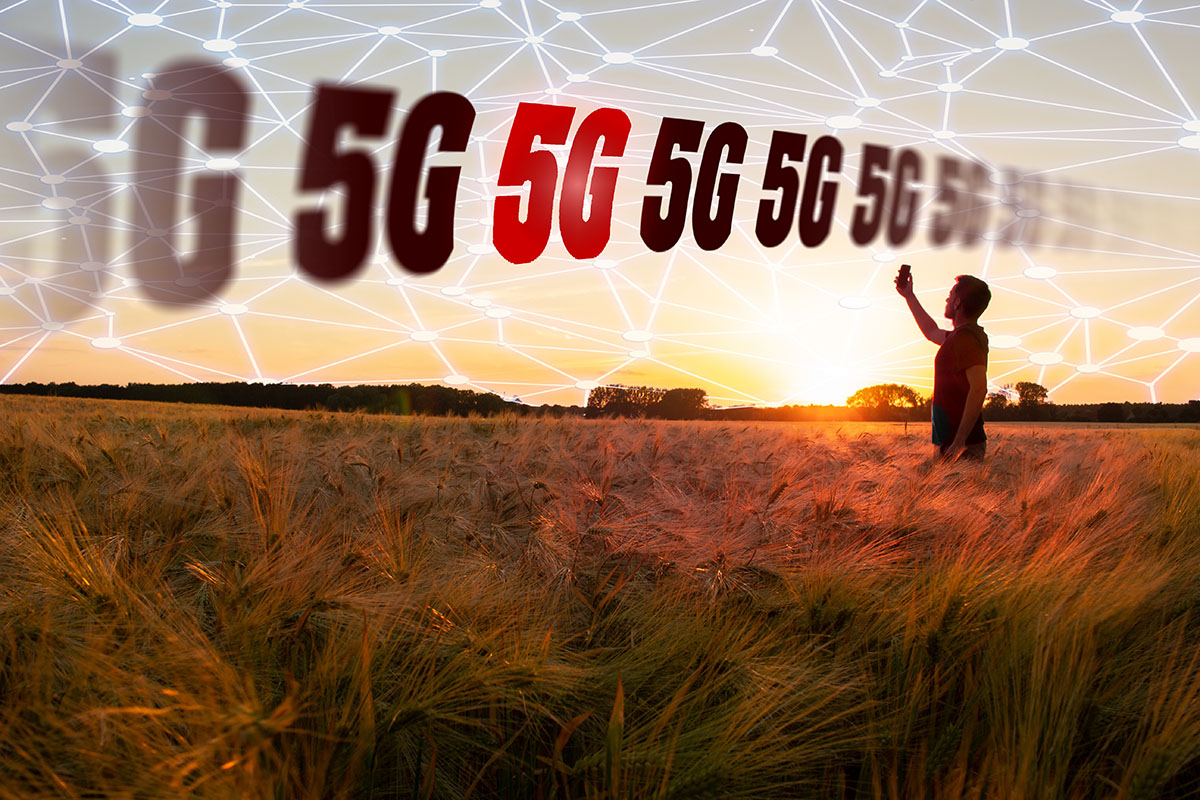Slovenian regulator AKOS has published an analysis of products and services in the retail broadband market for 2018. The analysis was prepared based on inputs from 56 registered active operators.
Irish regulator awards smart grid licences in 400 MHz band
Irish regulator ComReg announced results of the auction for award of frequencies in the 400 MHz band. These are intended for Smart Grids. The award process resulted in one winning bidder ESB Networks DAC.
Austrian Post faces € 18m penalty for violation of personal data protection
Austrian Post faces a scandal with storage of personal data of millions of customers without their consent, reported Die Presse. The data protection authority found the national post operator guilty of a violation of the GDPR rules implemented in May 2018 and imposed a penalty of € 18m on the Post. The Post will appeal against the decision.
Vodafone Germany launches 5G network with 5G mobile router
Vodafone Germany has launched 5G network in the first 20 cities and municipalities, using 60 antennae on 25 base stations. In August, the operator plans to have 5G signal available on 50 base stations. Simultaneously with the launch of 5G network Vodafone markets the country’s first 5G mobile router GigaCube 5G and offers a new GigaCube 5G tariff series, including more data without a price increase.
French regulator Arcep publishes report on quality of mobile services
French regulator Arcep has published the 20th edition of the report on the quality of mobile services. The report shows a significant improvement in the service quality of all mobile operators; confirms the leadership of Orange; Bouygues becoming the second leading operator in terms of quality; SFR progressing and Free improving sharply but remaining significantly behind.
Alaska Policy Forum representative: Net neutrality may be catastrophic for Alaska
The US Congress is considering reinstating net neutrality regulations from 2015. ‘This bureaucratic red tape will end the internet as we know it and turn it into a government-run public utility,’ Bethany Marcum expressed her view for alaskalandmine.com. She worked in telecom for a decade, and is now Executive Director of Alaska Policy Forum. By redefining net neutrality, the progress Alaska has made when it comes to broadband technology will come to an abrupt stop, she writes.
BEREC consults on Quality of Service guidelines
During its 40th plenary meeting (3rd-4th October 2019, Crete) the Board of Regulators approved the draft BEREC Guidelines detailing Quality of Service Parameters for public consultation.
In accordance with Article 104 of the European Electronic Communications Code (EECC) NRAs shall take utmost account of these Guidelines when specifying quality of service parameters to be measured, the applicable measurement methods and the content, form and manner of the information to be published. By 21st June 2020 BEREC shall adopt the above mentioned Guidelines. The public consultation is open to 5th December.
French regulator Arcep builds on know-how of colleagues in 3.4-3.8 GHz auction
French regulator Arcep brought together representatives of national regulatory authorities (NRA) from 15 countries of the EU for a mutual exchange of know-how from organising 5G auctions. The draft terms of the auction in the band 3.4-3.8 GHz in Metropolitan France was subject to public consultation from mid-July to 4 September.
Hong Kong awards 5G licences in 3.5 GHz band
The regulator of Hong Kong OFCA has successfully auctioned off a total of 200 MHz of spectrum in the 3.5 GHz to four mobile network operators for a total of HKD 1.006 billion.
Israel launches 5G auction
The Israel Ministry of Communications has published the tender for award of frequencies for 5G mobile networks. The frequencies will be awarded in an auction, using the CCA format (Combinatorial Clock Auction) with the second highest bid price rule (Vickrey auction). The total spectrum available in the auction includes 2×30 MHz FDD in the 700 MHz band, 2×60 MHz FDD in the 2,600 MHz band and 300 MHz TDD in the 3,500-3,800 MHz. For the first time, a tender for award of frequencies will be accompanied by an incentive system that includes grants and a reduction in spectrum fees in the total amount of NIS 500 million.










